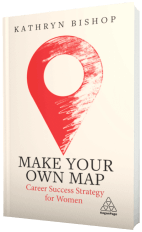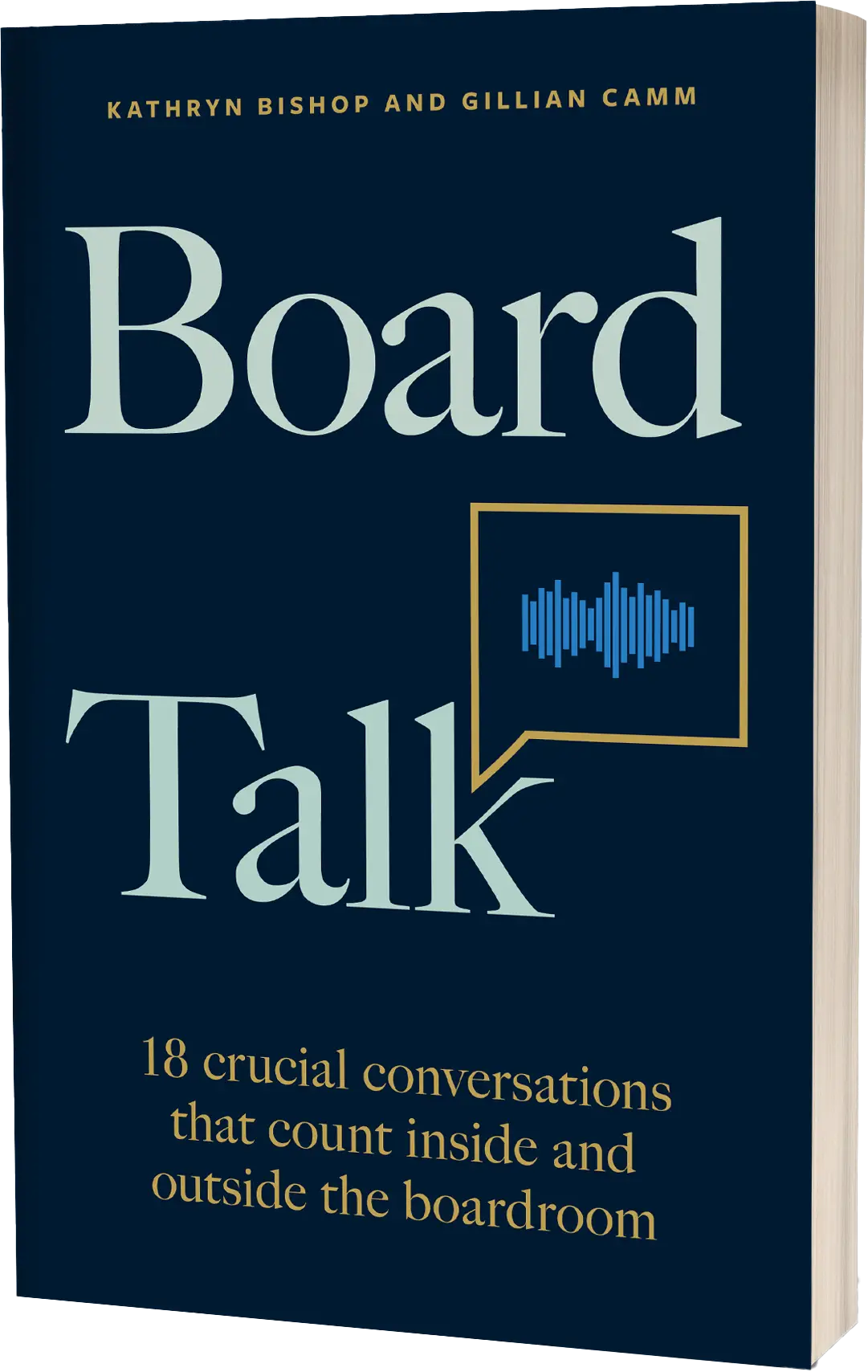What do you do if you see an advert for a really interesting new job or someone calls you up and suggests that you apply for a new post? If you are already feeling a little tired of your current role, that’s an easy question to answer. But if you are happily working away, its a more interesting question. What makes it attractive – its newness? Is the grass greener in this new role? Or do you have some skills already which your current post doesn’t require but that you would like to use again? Sometimes there is just the itch to explore a new opportunity, to apply for a new job because it looks interesting. At the very least the application process might be instructive.
At times like this, the idea of a STRATEGY for your working life can seem like a constraint. It might feel as if there is too much analysis, too much thinking and not enough exploring. This new opportunity doesn’t seem to fit with what you currently consider your life’s purpose, but it still looks enticing. Does this mean that the strategy is wrong? Are you wasting time thinking strategically, when in this fast-changing world you would better off just being tactical and seizing the moment? Well, maybe. But maybe not.
One of the simplest strategy models which business schools teach is this one:

This is a model which reminds us that although understanding our resources and being clear about our purpose (vision, mission, intent if you like) is important, there is always the third aspect: opportunity. Organisations that focus too much on aspiration and resources tend to have a strongly internal focus and may well miss the sudden opportunity that arises in an adjacent market. Strategy teams in these organisations need to scan the markets regularly for the opportunity that might arise and be able to explore how the organisation could turn that opportunity into a new business venture. If that’s true for organisations, it is true for individuals too. Your ability to network and to stay connected with other people doing interesting work is an important part of your strategy, because it will help you to notice a new opportunity.
And responding to a new opportunity can be a very strategic move – even though we use the word opportunistic in a rather dismissive sense sometimes. It will be strategic if it is an opportunity to use some underplayed strengths which you already have but aren’t using enough, for example. It might also be strategic if it helps you to shift direction into a new market, too, as the model in an earlier blog sets out.
Organisations that focus too much on the opportunities around them and too little on their resources and how they use them tend to diversify quite often, and sometimes that diversification stretches them too thin. The organisation may try to do too many things by responding to each opportunity which arises, and as a result do none of them well enough to compete for customers or stay in business.
And in the same way, if your career is entirely made up of a set of seized opportunities with no real connection, that is a harder basis on which to build a long working life. It gets harder to find interesting remunerated work as you get older and you might need every advantage you can find. You might need to be able to articulate the story of your career in job interviews, and to demonstrate that you have in the past done some of the things that the future might demand of you. Your success may depend on how you tell the story of your career strategy, but it also requires some attention to what you are good at, what people want and what you love to do. And that’s the subject of the next blog post.



